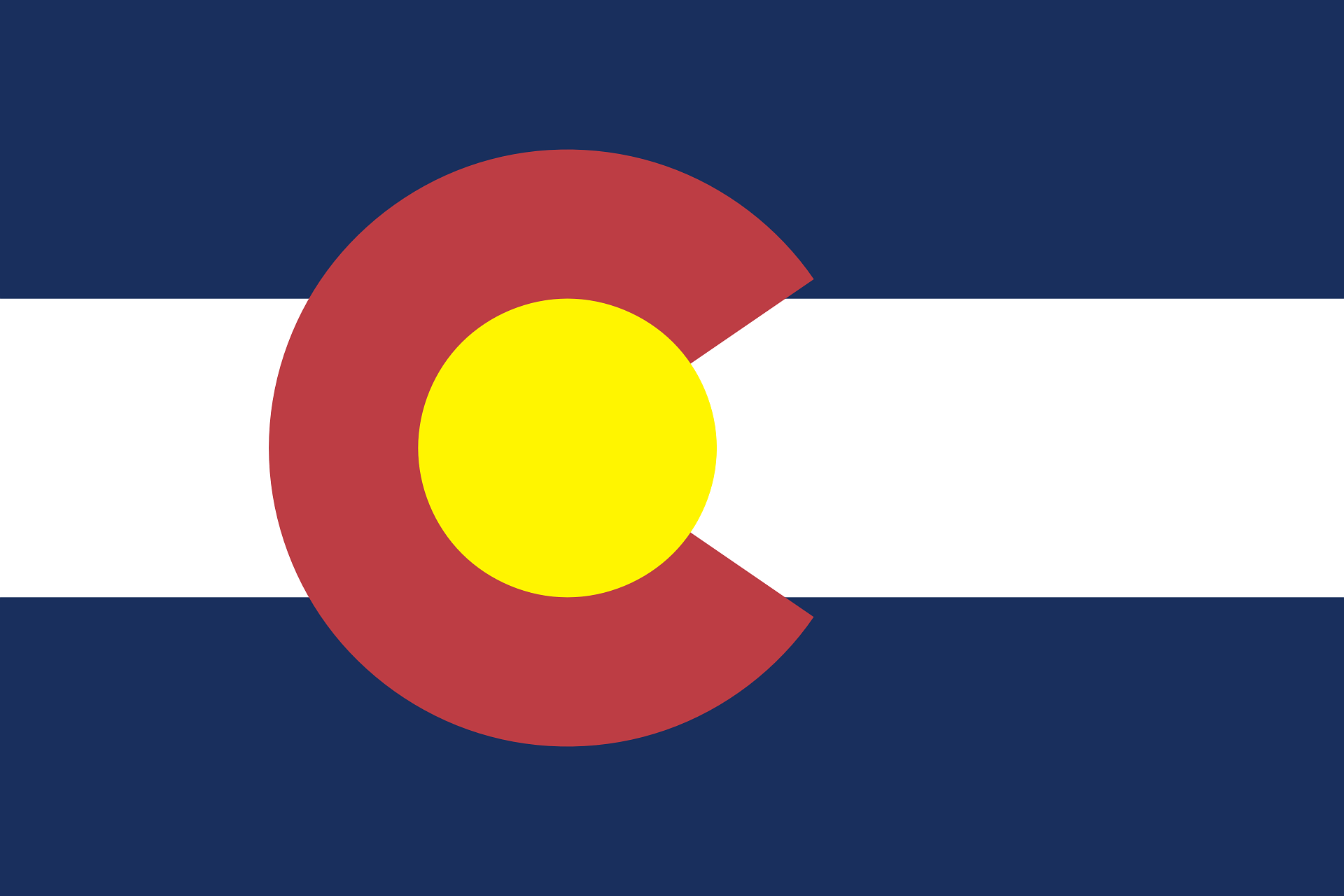
Payday loans in Colorado offer a quick financial fix for those facing unexpected expenses, but they come with unique regulations and considerations. Whether you're researching short-term lending options or curious about how these loans work in the Centennial State, this guide covers everything you need to know about payday loans in Colorado, including laws, costs, and alternatives. Let's dive into the details to help you make an informed decision.
Payday loans are short-term, small-dollar loans designed to cover urgent expenses until your next paycheck. Typically ranging from $100 to $500, these loans are known for their fast approval process and minimal eligibility requirements. In Colorado, payday loans have evolved significantly due to state-specific reforms aimed at protecting consumers while maintaining access to credit.
In Colorado, payday loans operate under the Colorado Deferred Deposit Loan Act, which regulates lenders and sets clear guidelines. Unlike some states where triple-digit interest rates are common, Colorado caps the annual percentage rate (APR) at 36% following the passage of Proposition 111 in 2018. This voter-approved measure was a game-changer, reducing the cost of borrowing compared to the national average, where APRs can soar as high as 200% or more.
Key Takeaways
Colorado Caps APR at 36%: Thanks to Proposition 111, payday loans in Colorado are more affordable than in many states, with a maximum APR of 36%.
Extended Repayment Terms: Loans must be repaid over at least six months, offering more flexibility than the typical two-week payday loan.
Lenders Remain Active: Despite reform, major payday lenders continue to operate, ensuring access to credit.
Explore Alternatives: Personal loans, credit card advances, or assistance programs may offer cheaper solutions than payday loans.
Loan Amount: You can borrow up to $500.
Repayment Terms: Loans must be repaid within a minimum of six months, rather than the typical two-week repayment period seen elsewhere. This extended timeline gives borrowers more flexibility.
Fees: Lenders can charge an origination fee (up to 20% of the first $300 borrowed, plus 7.5% of any amount above $300) and a monthly maintenance fee, but the total APR cannot exceed 36%.
Application Process: Most lenders offer online or in-store applications, requiring proof of income, a bank account, and identification.
This structure makes Colorado’s payday loan market distinct, balancing consumer protection with access to emergency funds.
Colorado’s shift to a 36% APR cap was initially met with resistance from payday lenders, who claimed it would drive them out of business. However, more than a decade later, major lenders like Ace Cash Express and Check Into Cash continue to operate in the state. This suggests that reform doesn’t eliminate access to credit—it reshapes it. Borrowers now face lower costs, while lenders adapt by offering installment-style loans rather than the traditional lump-sum repayment model.
Posts on X have highlighted this resilience, with some noting that reform “protects consumers and preserves access to credit.” This dual benefit has made Colorado a model for other states considering payday loan regulation.
Before applying for a payday loan in Colorado, weigh the advantages and disadvantages:
Applying does NOT affect your credit score!

If a payday loan doesn’t feel right, consider these options:
Ready to apply? Follow these steps:
Payday loans in Colorado strike a balance between accessibility and affordability, thanks to robust state regulations. While they’re a viable option for quick cash, the costs and risks mean they’re not for everyone. By understanding the rules, weighing alternatives, and borrowing responsibly, you can navigate Colorado’s payday loan landscape with confidence.
Applying does NOT affect your credit score!